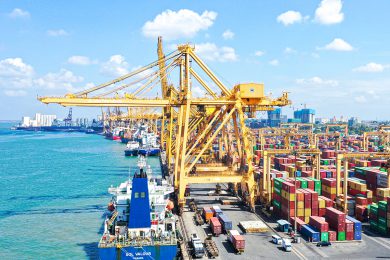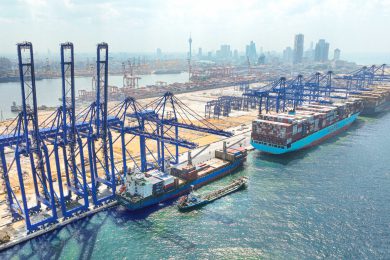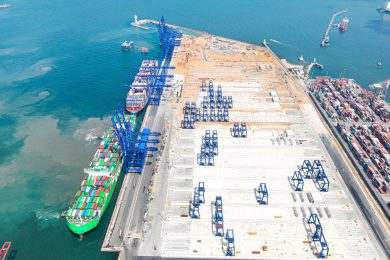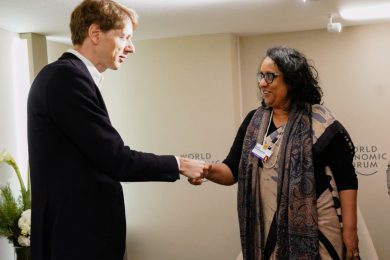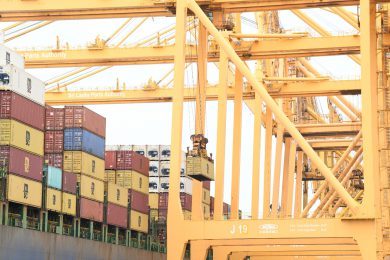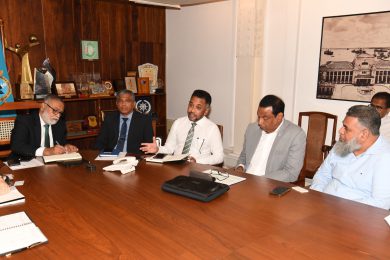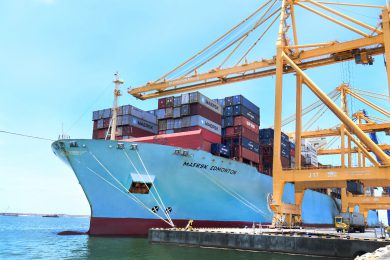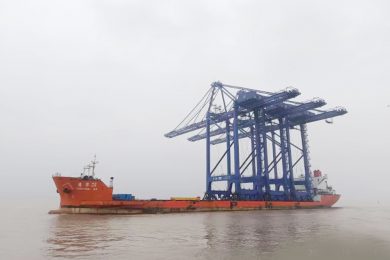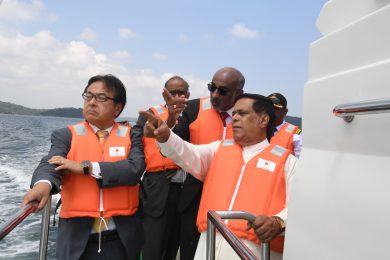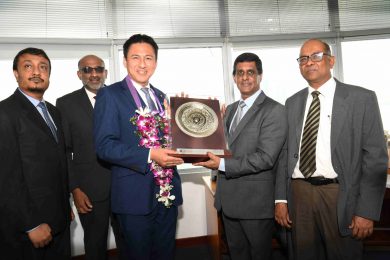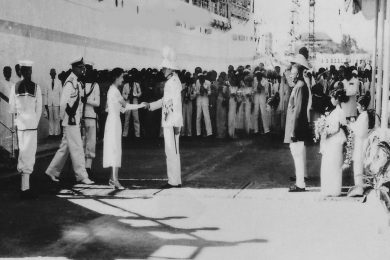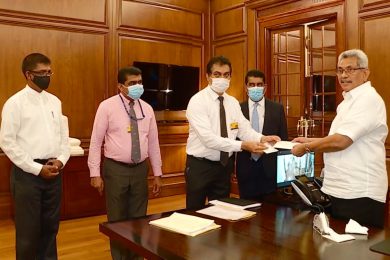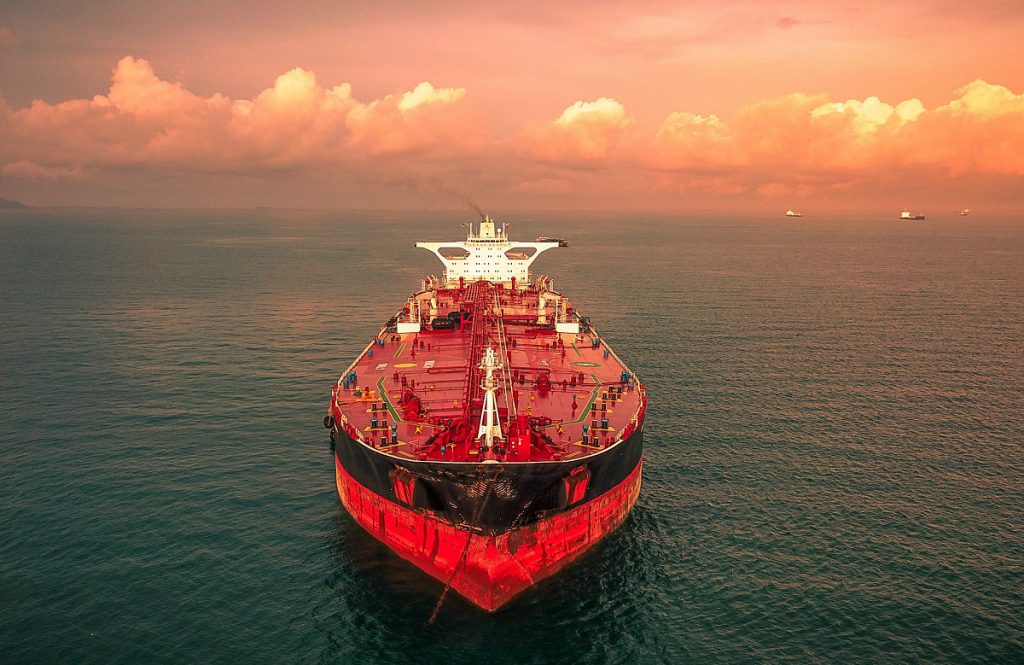It is estimated that more than 300,000 seafarers and marine personnel are currently stranded at sea and unable to be repatriated despite the expiry of their contracts. A similar number of seafarers have been unable to join ships and relieve them.
A humanitarian crisis is taking place at sea and urgent action is needed to protect seafarers’ health and ensure the safety of shipping, the IMO Secretary-General Kitack Lim has warned. In a strong statement issued ahead of the General Assembly of the United Nations, he called on governments to take swift action to resolve the crew change crisis.
It is estimated that more than 300,000 seafarers and marine personnel are currently stranded at sea and unable to be repatriated despite the expiry of their contracts. A similar number of seafarers have been unable to join ships and relieve them. This is due to restrictions imposed by several governments in the wake of the COVID-19 pandemic, including restrictions on travel, embarkation and disembarkation in ports, quarantine measures, reductions in available flights and limits on the issuing of visas and passports.
Some seafarers have now been on board their ships for more than 17 months, exceeding the 11-months limit set out in the Maritime Labour Convention (MLC). Many have been denied proper access to medical care and shore leave, in breach of their rights under the MLC and other international instruments. This creates serious concerns, not only for seafarers’ health and wellbeing, but also for the safety of shipping. Overly fatigued and mentally exhausted seafarers are being asked to continue operating vessels, increasing the risk of shipping casualties.
“Seafarers cannot remain at sea indefinitely,” Mr Lim insisted. “If the crew change crisis is not resolved soon, ships will no longer be able to operate safely pursuant to the Organization’s regulations and guidelines, further exacerbating the economic impacts of the COVID-19 pandemic,” he declared. Shipping moves more than 80 per cent of global trade and is a crucial component of the global economy.
Mr Lim said that resolving the crew change crisis will require a “whole of government” approach involving several ministries. He reiterated his call to all Member States to designate seafarers as key workers providing an essential service, and to implement the IMO-approved Protocols to allow for safe and secure crew changes. The IMO Secretary-General also insisted on the importance of removing other barriers to crew changes, such as visa and travel restrictions, and of providing seafarers with immediate access to medical care and medical facilities on shore, when needed.
This fresh call to action from the IMO Secretary-General is in line with months of action by the Organization, including numerous top-level statements, bilateral meetings at a diplomatic level, as well as the establishment of the Seafarer Crisis Action team to directly help stranded seafarers. United Nations Secretary-General António Guterres has also urged all countries in the world to recognize seafarers as key workers and provide the necessary travel assistance to ensure safe crew changeovers and repatriations.
While significant progress has been made by many countries in allowing for crew changes for all seafarers, the rate of progress is not keeping pace with the backlog of ships requiring crew changes.
Mr Lim has invited Member States to raise the issue of seafarers and the crew change crisis during the upcoming High-Level Week of the 75th session of the United Nations General Assembly, beginning on 22 September 2020. ILO, IMO and the UN Global Compact will host a side event during that week in order to raise the visibility of the crew change crisis on World Maritime Day, 24 September 2020.
Source: International Maritime Organisation



